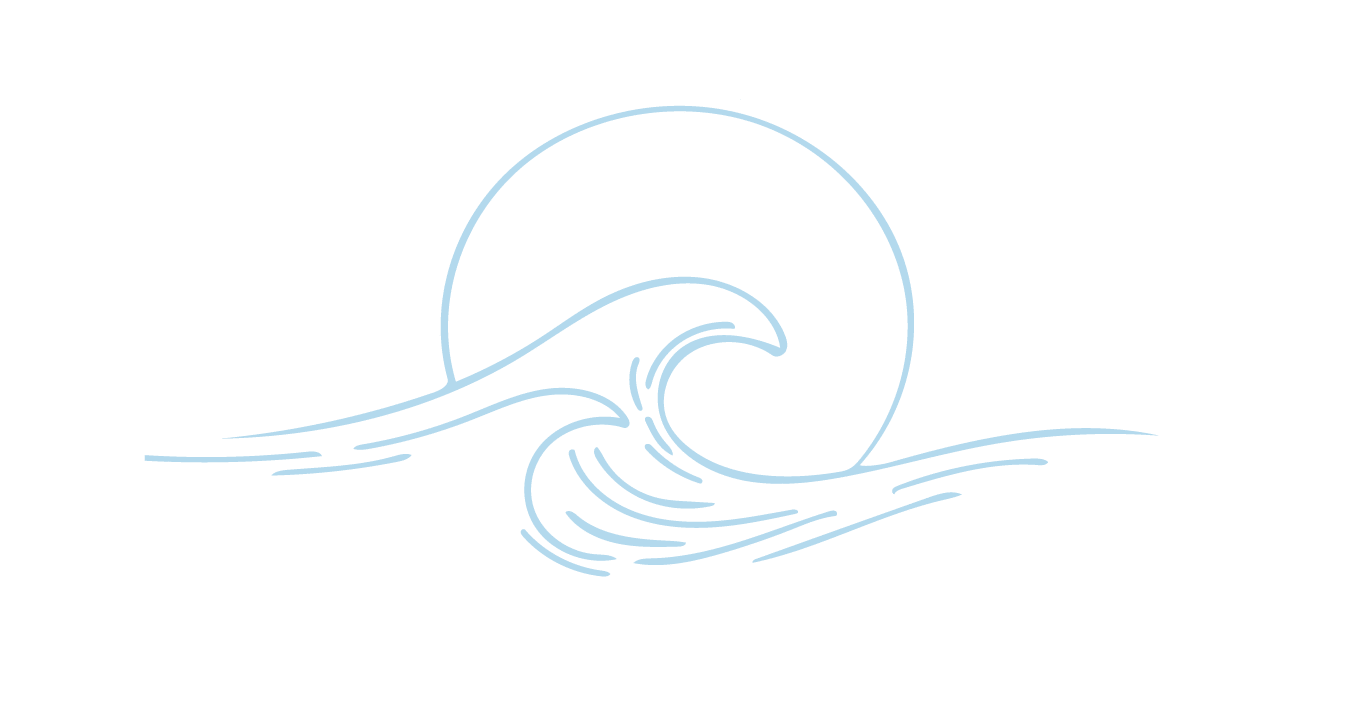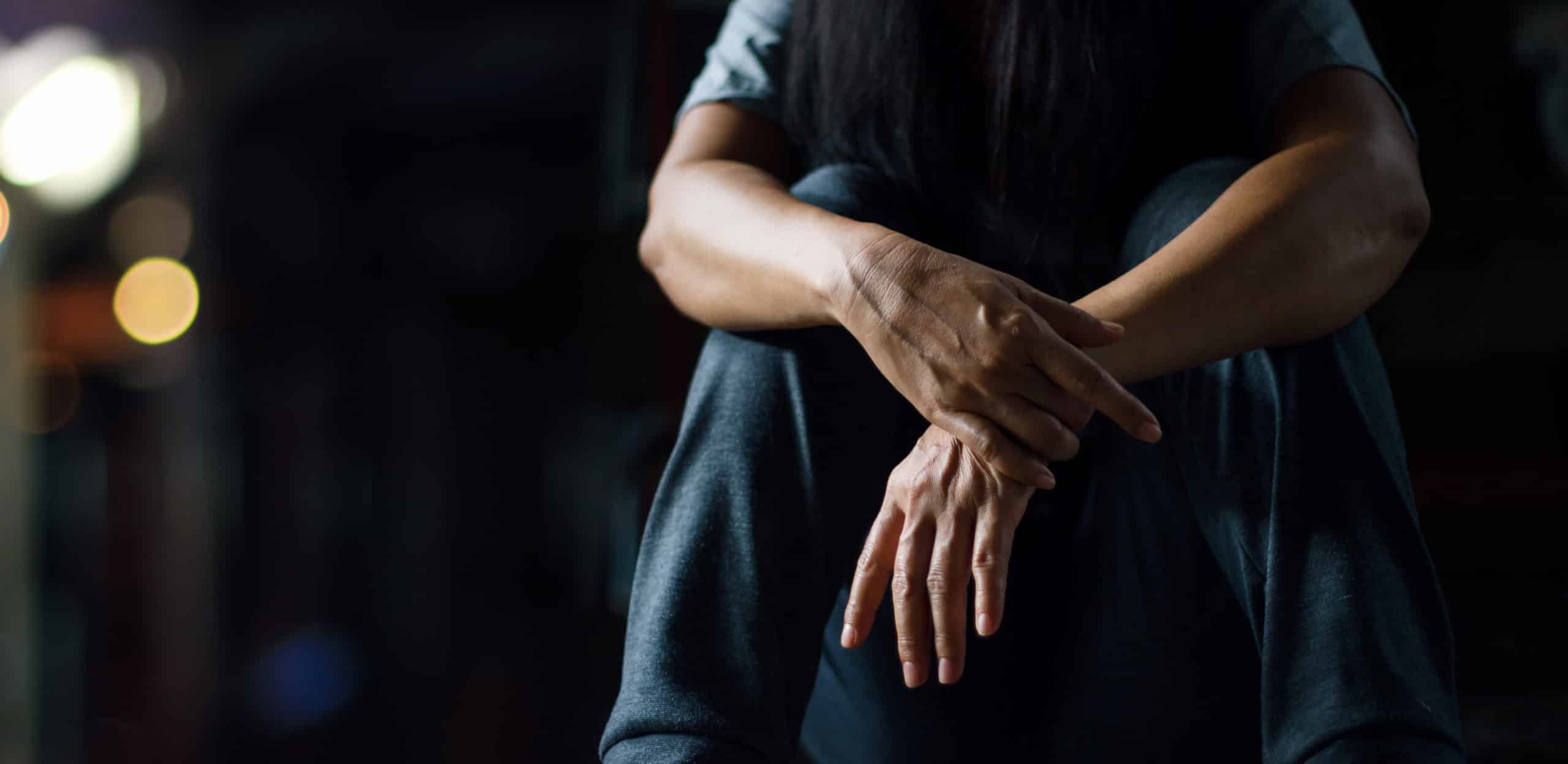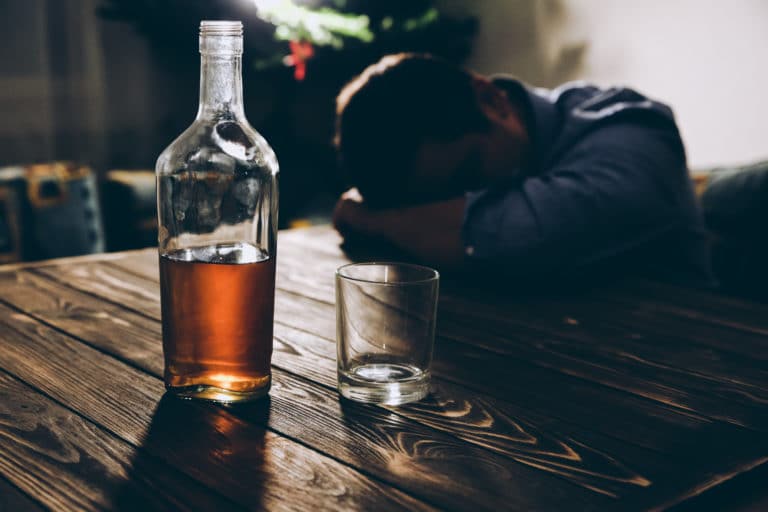Does PTSD drug abuse exist? How does PTSD impact addiction? What help can I get? If you are asking these questions, you are not alone. PTSD, or post-traumatic stress disorder, happens to one out of three adults at least once. Many people wonder “how does PTSD impact addiction” because they see addiction in others or in themselves, especially after traumatic events.
What is PTSD?
PTSD is a mental health disorder that happens after someone experiences trauma. Trauma is anything that happens after you have dealt with a dangerous situation that requires your body’s fight or flight mode. Today we better understand how this trauma works, and the designation of PTSD extends not just two things you have suffered but things friends and family close to you have endured, things that you have been threatened with, or things you have seen.
This can include:
- Witnessing domestic abuse for a murder. Witnessing violence of any kind can lead to the development of PTSD.
- Involvement in a car accident can be a significant source of trauma, making it difficult to drive in similar locations or drive at all.
- Traumatic events can include violence from war or natural disasters too.
What are the signs of PTSD?
The signs of PTSD are the same signs you would experience immediately after a traumatic event, but they don’t go away. It’s normal to have trouble sleeping after a car accident or to deal with flashbacks and stress if you lived through a volcano or a forest fire.
If those symptoms don’t go away after six months or longer and interfere with your ability to live your daily life unhindered, it transitions into PTSD. The signs of PTSD will vary depending on what the problem was.
- Problems sleeping
- Problems eating
- Heightened anxiety
- Stress
- Hypervigilance
- Difficulty concentrating
- Being easily startled
- Having high resting adrenaline levels
- Nightmares
- Nausea
PTSD often gets worse when triggered. Triggers are also different for each person. If you survived a serious fire, even the smell of smoke during winter might be enough to trigger a severe panic attack.
If someone close to you was the victim of sexual assault, television references, the news, or any time that person is struggling could serve as a trigger for your PTSD.
How Does PTSD Impact Addiction?
PTSD drug abuse is quite common. In fact, PTSD and addiction often happen at the same time, feeding off of one another. That is why it is so important to find the right treatment programs.
For a lot of people, PTSD goes undiagnosed. If you don’t get treatment for that trauma, you are very likely to self-medicate. Se;f-medication is what people do to try and quell the bad feelings when they arise. That same person who survived a serious fire might start smoking marijuana to calm down when they have severe panic attacks. That person who watched violence might try to avoid dealing with the pain by distracting themselves with work or Hobbies so that they can be emotionally numb. In adulthood, this can translate to not being able to open up to intimate relationships of any kind.
For many, self-medication takes the form of drugs or alcohol. When people start using drugs and alcohol to feel better, it can start out innocently enough. But if insomnia or flashbacks get worse, substance abuse usually gets worse with it. When withdrawal symptoms kick in, substance abuse usually increases. Withdrawal symptoms like insomnia might be mistaken for symptoms of PTSD, and an individual might think that they just need to increase the substances they are abusing to make the problem go away.
Are There PTSD and Addiction Treatment Programs?
Understanding answers to questions like “how does PTSD impact addiction” should help you better appreciate the importance of finding the right PTSD and addiction treatment program. Good facilities should specialize in what is called dual diagnosis. This is for co-occurring disorders, usually some form of mental health disorder like PTSD and substance abuse.
At Ocean Coast Recovery, we offer a wide range of residential inpatient treatment services in Southern California that focus on helping you uncover the undiagnosed (or diagnosed) PTSD and get help for it all while treating the physical side of your addiction.
Our Huntington Beach rehab designs individualized treatment plans that include different skills groups, activities, group therapy, and individual therapy. Restructure your daily program to help you learn how best to build your life after recovery. We help you understand what your life can look like when you aren’t struggling with PTSD and addiction and give you the tools to build lifelong sobriety.





